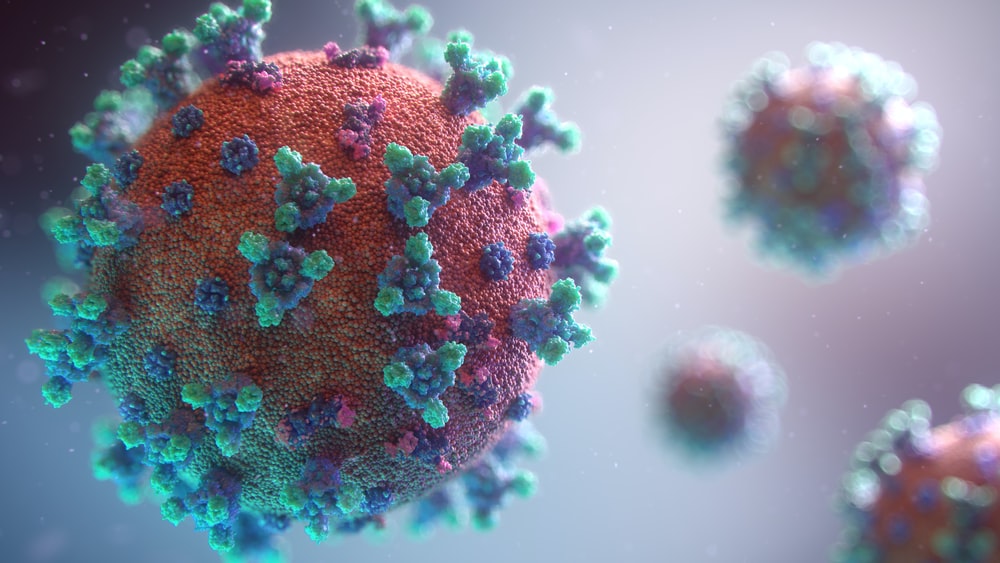
COVID 19 is well established as a respiratory infection but even when the virus is eliminated from the body there seems to be certain impact on various organs for long term. There is a drastic rise in cases of post-COVID 19 lung fibrosis, especially for patients who have been struck by the double mutant variant.
What is Pulmonary fibrosis?
Pulmonary fibrosis is one of the unspoken diseases but with the recent pandemic; cases have been observed at a higher end.
Fibrosis means scarring of the lung tissues and it impacts on how you breathe and get oxygen into the blood. The then lacy walls of the air sacs in the lungs get thick, stiff and scarred. The stiffness of the fibrosis fails to expand the lungs and breathe. Basically, fibrosis could be viewed as a consequence of a disordered wound healing process. The initial phase of lung injury is followed by acute inflammation as well as an attempt at repair.
About Dr. Harish Chafle:
Dr. Harish Chafle is an Intensivist with a cumulative experience of over 23 years. This includes 12 years of clinical experience in Critical Care and 16 years in Pulmonary Medicine. His expertise lies in Critical Care pertaining to Respiratory Medicine with special emphasis on ventilators and non-invasive ventilators.
Usually, pulmonary fibrosis occurs primarily because of severe lung injury, secondary to respiratory infections, chronic granulomatous diseases, medications and connective tissue disorders. Available clinical, radiographic and autopsy data has indicated that Severe Acute Respiratory Distress Syndrome (SARS) and Middle Eastern Respiratory Syndrome (MERS) infected patients have shown to have prevalence of pulmonary fibrosis. Current data also suggests that pulmonary fibrosis could also be diagnosed in patients infected by SARS-CoV-2.
Lung fibrosis post-SARS-CoV-2 infection:
People who are infected by Coronavirus can potentially cause inflammation of the lungs as well as partial impairment of the lung tissue. Lung fibrosis post-SARS-CoV-2 infection has been observed in people with an older age, history of smoking, severe illness, prolonged ICU stay and mechanical ventilation. The respiratory Fibrosis caused due to infections is unlikely to recover after 21 days of duration. It takes a long time to reverse, till then patients require supportive care and aggressive pulmonary rehabilitation efforts to recovery.
Mild or severe signs of lung impairment post initial infection might go as long as four months. A substantial proportion of patients who develop Acute Respiratory Distress Syndrome (ARDS) will experience long-term impairment of lung function and High-Resolution Computed Tomography (HRCT), evidence of pulmonary fibrosis.
These patients end up with permanent lung damage of varying degrees and might require home oxygen supplementation for a prolonged duration, even after recovering from COVID 19 infection.
The role of available anti-fibrotic therapies like Nintedanib and Pirfenidone, which are used for the treatment of idiopathic pulmonary fibrosis, is still being evaluated for the prevention or reduction of post-COVID fibrosis.
Comorbidities like COPD, Asthma, Lung Fibrosis, Lung cancer are risky with COVID because the lung reserves in the patients are already low. The consequences of COVID 19 pertaining to long term pulmonary disorders remain speculative and should be considered post appropriate prospective study.
What are the precautionary measures?
Some post COVID care such as drinking plenty of fluids, breathing exercises and meditation, consumption of Nutritious diet, adequate sleep, avoid smoking and drinking should be considered as precautionary measures. It is ideal to get vaccinated after one to one and a half months, also important to jog and brisk walk in the first week post recovery, followed by doubling the time in the second week.
It is important that resources are spent to identify the demographic of the survivor population that is vulnerable to pulmonary fibrosis as it will help in designing the appropriate treatment.
(Disclaimer: This is a guest column and views expressed here are solely of the author. Dr Harish Chafle is a Consultant, Pulmonology and Critical Care, Global Hospitals Mumbai)
